In a country with a unique culture like Japan, visitors may feel discouraged by the strange set of rules, norms in life, and personal relationships.
If you have the opportunity to travel to Japan for tourism , work or long-term living, you should follow the rules below.
1. Don't break the chopstick rules
Never stick chopsticks vertically into a bowl of rice, as this is similar to a funeral ritual.
If you need to put your chopsticks down, place them on the chopstick holder next to your plate. Avoid using your chopsticks to pass food to others, as this is very rude.
2. Don't wear shoes in the house
If you visit a Japanese home, you should take off your shoes and leave them at the entrance. Outdoor shoes are considered unclean, so Japanese people will usually have slippers ready at the entrance.
This rule also applies to traditional ryoken hotels, temples, schools, and hospitals.
Shoes are also taboo in restaurant areas where diners sit on traditional tatami mat floors.
In this case, you absolutely cannot wear slippers as they can damage the straw mat. So make sure you are wearing socks and that they do not have holes.
Another important rule is to swap out your house slippers for other slippers when entering the bathroom. Slippers are usually placed at the entrance to the bathroom, which is usually separate from the shower.
3. Comply with queuing
Japanese people always line up in an orderly manner, whether they are waiting at bus stops, train stations, shopping, taking elevators, etc.
At the waiting area for the train, there are always lines for passengers to line up to board the train. When the train arrives, the doors open exactly in the middle of two parallel lines, on both sides of which are waiting passengers.
4. Do not eat and move at the same time.
In Japan, people generally do not eat or drink while walking. If you buy fast food from street stalls, you usually eat it standing up.
If buying drinks from a vending machine, Japanese people usually drink them on the spot and then throw the can or bottle into the recycling bin next to the machine.
Similarly, eating or drinking on public transport is considered bad manners, but there is an exception to this behaviour on long-distance trains.
5. Take a shower before soaking in the bathtub
The Japanese love to soak in hot tubs. Baths are for relaxation, not for washing.
The traditional Japanese bathtub is called a “furo,” which is square or rectangular and smaller but deeper than a typical Western bathtub. Before sliding into the tub, you need to thoroughly rinse yourself off with a showerhead.
If you visit a public bath or onsen, you should also shower before soaking in the water.
Also, tattoos are frowned upon in Japan because of their association with gangs. If you have tattoos, you may not be allowed to use public baths.
6. Don't blow your nose in public
Blowing your nose in public is considered rude in Japan. You need to find a private place where no one will see you.
7. Don't leave a tip
Unlike in the US where tipping is mandatory, Japan has no tipping culture and leaving money for service staff can be seen as an insult.
Service charges are usually included in the bill, and taxi drivers will even refuse to round up the price.
If you leave some change on the table, the waiter will definitely run after you to return the money you forgot.
8. Avoid talking loudly on the phone while traveling by public transport
Japanese people tend to use their cell phones discreetly, keeping quiet and not wanting to disturb others in public.
On the train, Japanese people often use their phones to text, listen to music, read newspapers but rarely make calls.
If you must use your phone in a public area, go to a quiet place with few people to talk.
9. Don't point fingers.
Pointing at people or objects is considered rude in Japan. Instead of using a finger to point at something, Japanese people use a hand to wave at the thing they want to point at.
When referring to themselves, they will touch their nose with their index finger instead of pointing at themselves. Pointing at something with chopsticks is also considered bad manners.
10. Don't pour soy sauce on sushi.
In Japan, soy sauce is rarely poured over sushi, it is usually poured into a small plate, and when eating you must use chopsticks to dip the sushi or sashimi into the soy sauce.
11. Avoid giving and receiving objects with one hand
Japanese people have the habit of using both hands when taking or receiving objects, even small objects like business cards.
When paying at a store or cafe, it is common to place money on a small tray next to the cash register instead of giving it directly to the cashier.
12. Don't serve yourself drinks.
When socializing with friends or colleagues, fill other people's glasses, not your own.
Once they have done this, they will do the same to you. Remember, always hold the bottle with both hands when pouring.
Source


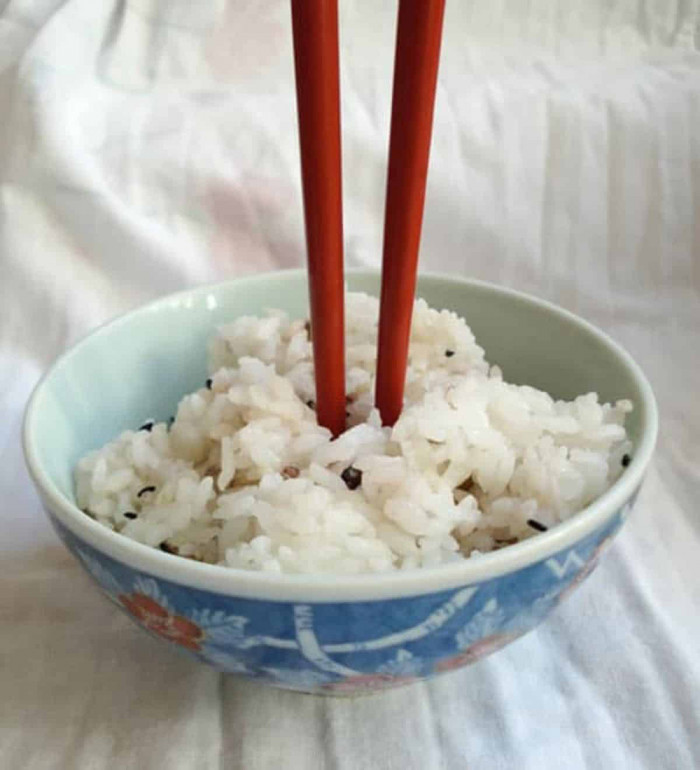
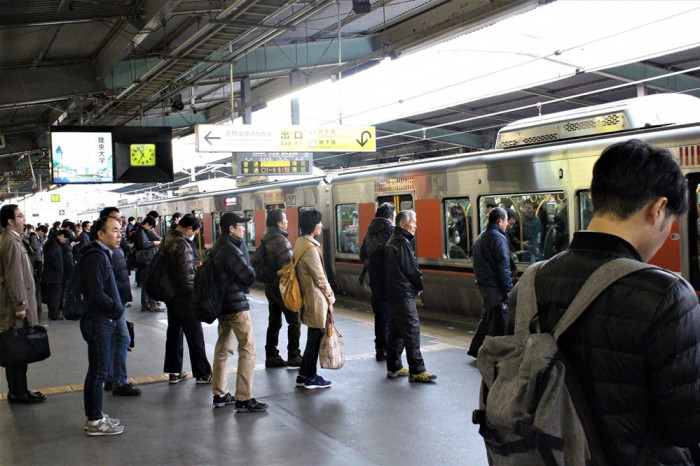
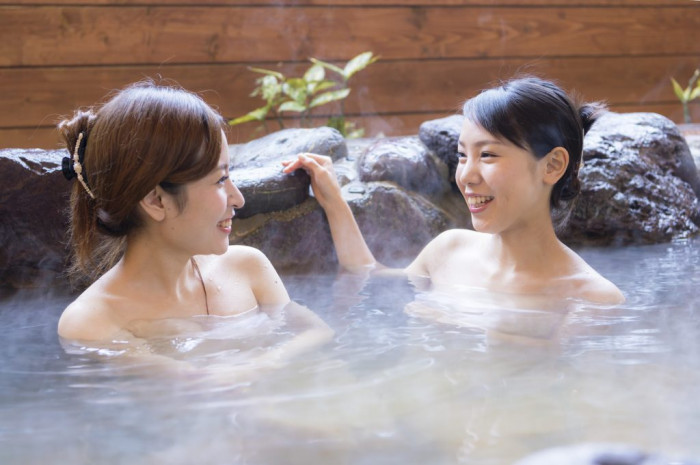
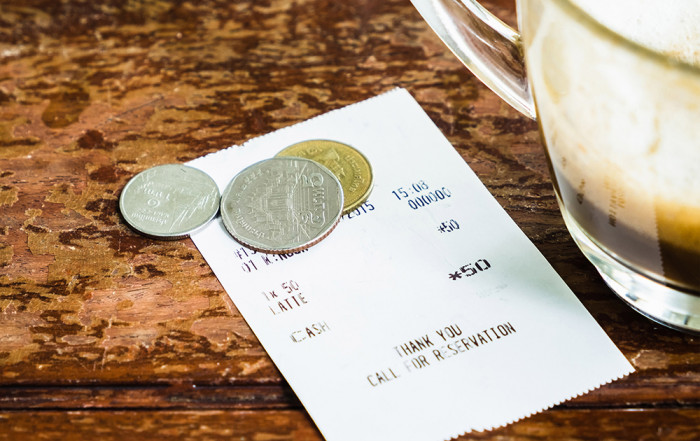
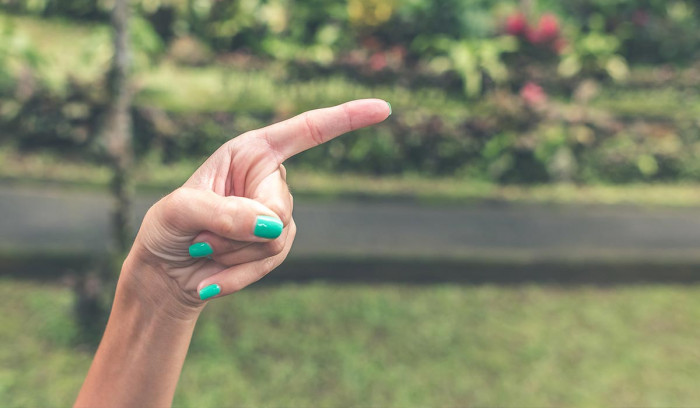
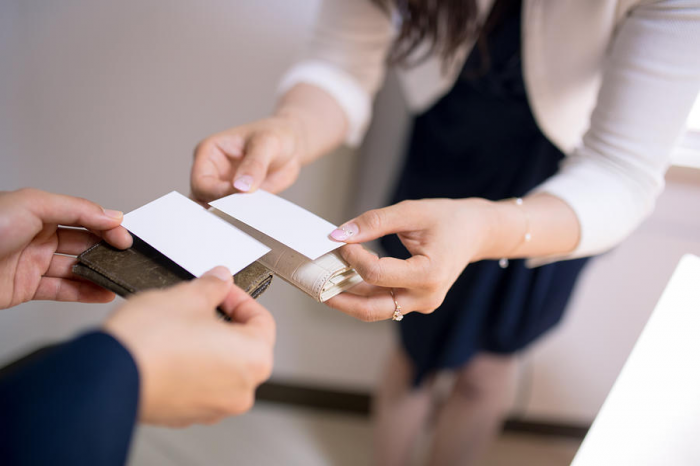


![[Photo] Prime Minister Pham Minh Chinh chairs the national online conference on combating smuggling, production and trade of counterfeit goods.](https://vphoto.vietnam.vn/thumb/1200x675/vietnam/resource/IMAGE/2025/6/23/4a682a11bb5c47d5ba84d8c5037df029)

![[Photo] Prime Minister Pham Minh Chinh holds meeting to launch exhibition of national achievements to celebrate 80th National Day](https://vphoto.vietnam.vn/thumb/1200x675/vietnam/resource/IMAGE/2025/6/23/0c0c37481bc64a9ab31b887dcff81e40)


















![[Photo] Party Congress of the Central Internal Affairs Commission for the 2025-2030 term](https://vphoto.vietnam.vn/thumb/1200x675/vietnam/resource/IMAGE/2025/6/23/5bf03821e6dd461d9ba2fd0c9a08037b)











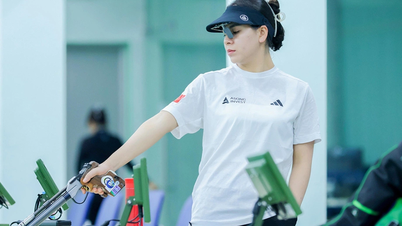





















































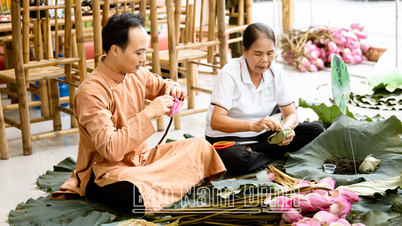




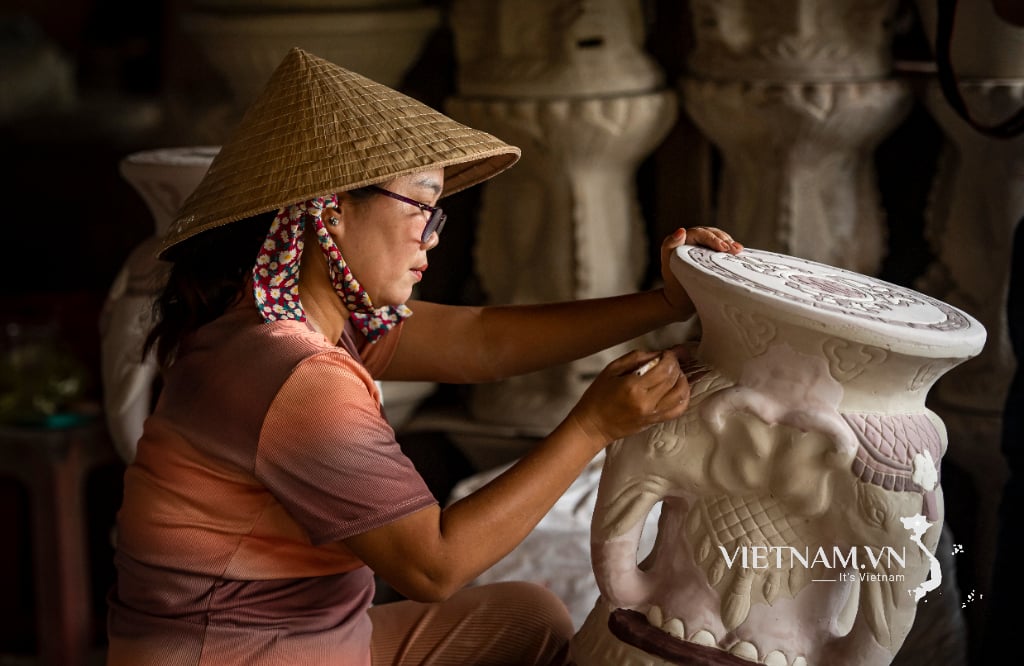

Comment (0)